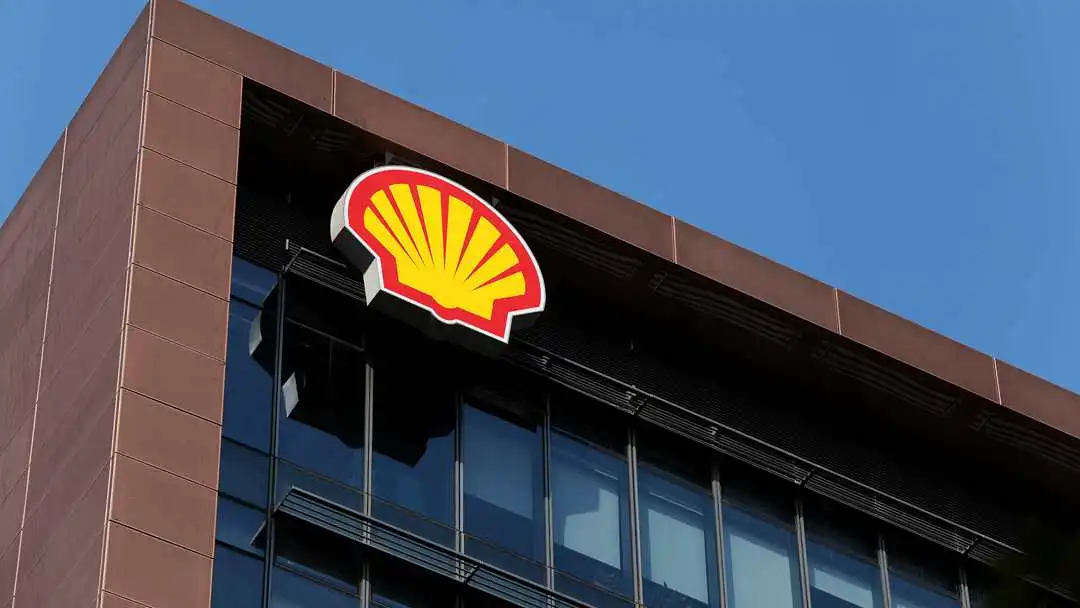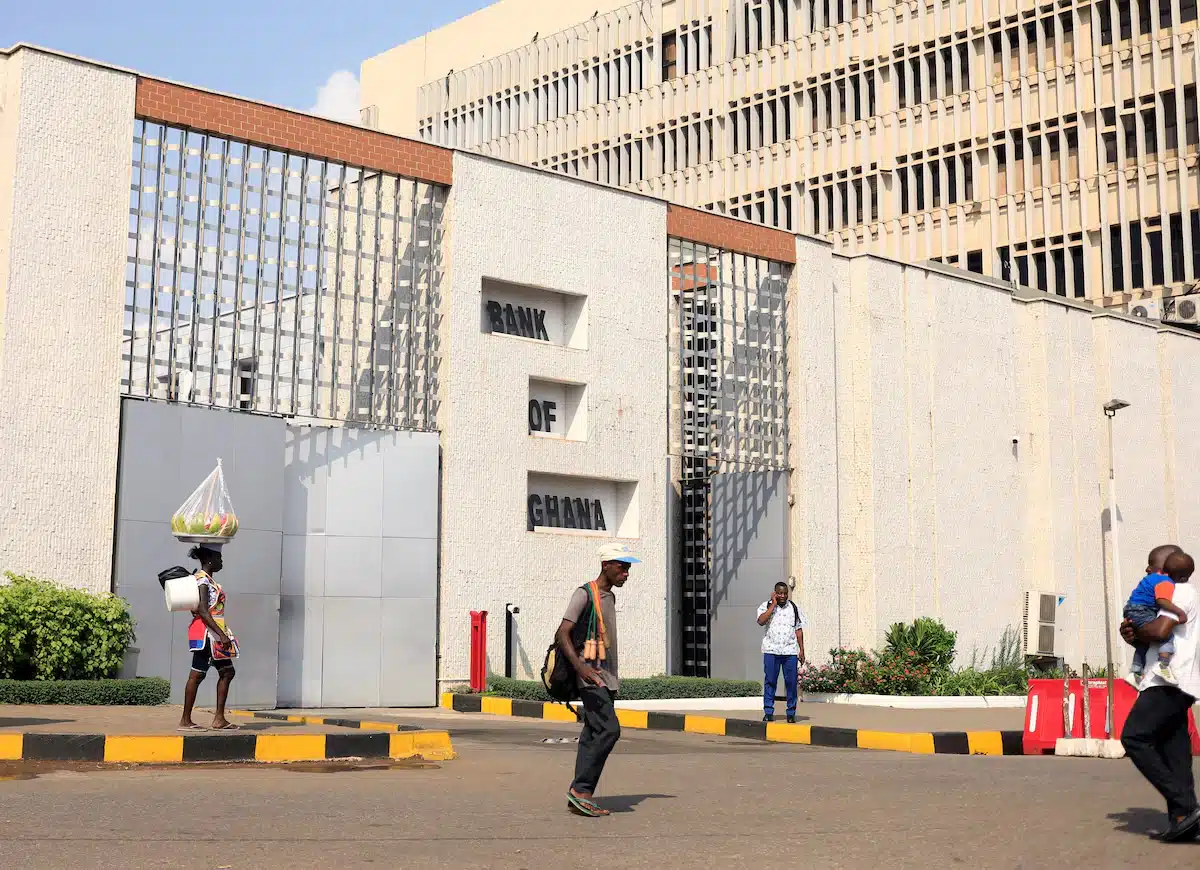French TotalEnergies has sold its 12.5% non-operated stake in Nigeria’s Bonga offshore oil field to a Shell subsidiary for $510 million.
The divestment underscores a growing divergence in corporate energy strategies and marks yet another reshuffle in the portfolios of international oil companies operating in Africa.
Disclosed on Thursday, the transaction reflects TotalEnergies’ broader strategy to exit from high-cost, high-emission assets and focus on operations that offer lower technical costs and reduced carbon footprints.
“TotalEnergies continues (…) to focus on assets with low technical costs and low emissions, and to lower its cash breakeven,” said Nicolas Terraz, President of Exploration & Production at TotalEnergies.
Behind the deal
Located off the coast of Nigeria, the Bonga field was the country’s first deepwater development, with a floating vessel capacity of up to 225,000 barrels per day (bpd). Operated by Shell Nigeria Exploration and Production Company (SNEPCo).
Following the deal, Shell will hold a 67.5% stake, becoming the majority holder ahead of ExxonMobil’s Nigerian subsidiary (20%) and Nigerian Agip Exploration (12.5%). By purchasing TotalEnergies, Shell aims for growth in its Upstream portfolio.
This move supports Shell’s broader ambition to grow its liquids production by 1% annually through 2030, while maintaining a total liquids output of 1.4 million barrels per day.
While the purchase details weren’t fully disclosed, Shell’s financial position provides context. The company reported a Q1 2025 profit of $28.73 billion, with 2024 cash flow reaching $32.7 billion, and a 22% dividend increase from 2022. These figures highlight Shell’s strong liquidity and ability to fund acquisitions without compromising shareholder returns.
Based on the $510 million price for TotalEnergies’ 12.5% stake, the implied valuation of the entire Bonga field is approximately $4.08 billion. This valuation underscores the asset’s long-term financial potential.
Shell also stated that the investment is expected to deliver an internal rate of return (IRR) exceeding its hurdle rate, further reinforcing the field’s profitability.
With rising output and low production costs, the Bonga acquisition strengthens Shell’s upstream portfolio.
Nigeria’s role in a transitioning market
For Nigeria, the deal sends mixed signals. On the one hand, Shell’s move suggests continued confidence in Nigeria’s offshore resources. On the other hand, TotalEnergies’ exit reflects a wider trend: international oil companies are gradually exiting mature or emission-intensive African assets, leaving local players and national oil companies to pick up the slack, or the opportunities.
This strategic pivot is playing out across the continent.
In September 2023, Italy’s Eni sold its wholly owned Nigerian Agip Oil Company (NAOC) to Oando Plc, handing over stakes in OMLs 60–63, two exploration blocks, and the 960 MW Okpai power plants. The move fits with Eni’s focus on offshore and LNG opportunities while strengthening Oando’s onshore presence.
Similarly, Norway’s Equinor ASA finalised its exit from Nigeria after selling its assets to Chappal Energies for up to $1.2 billion. The deal included a 53.85% stake in OML 128 and a 20.21% interest in the Agbami field, allowing Chappal to scale up in Nigeria’s offshore space.











